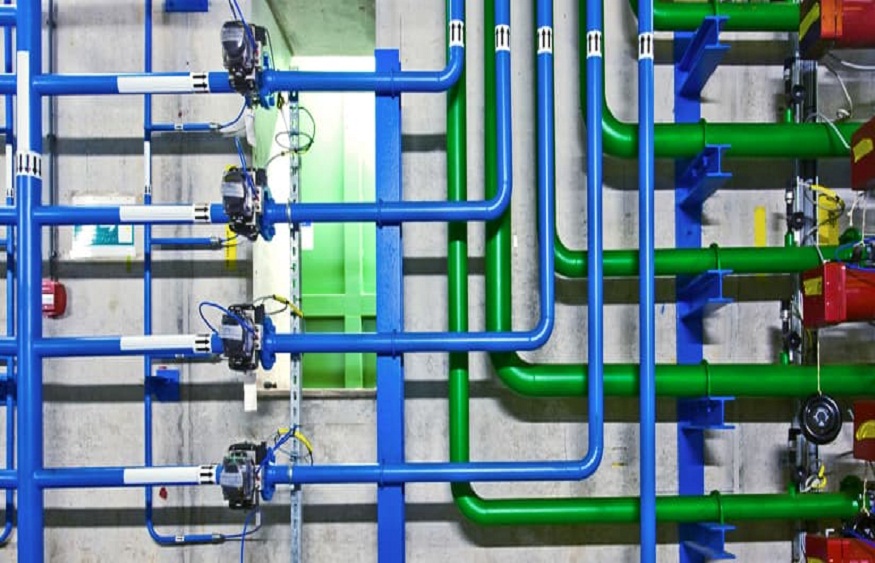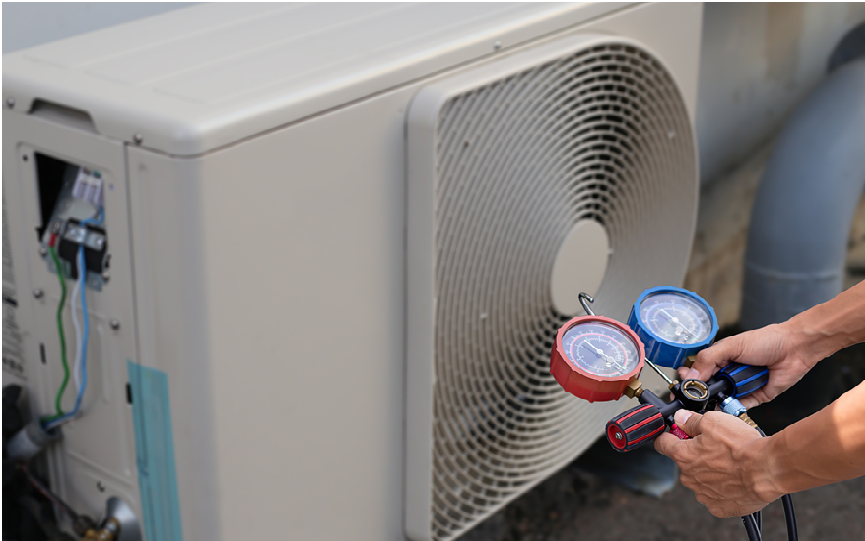When you think about plumbing issues, clogged drains or leaky taps may come to your mind, and you may overlook the main reason behind these issues, which is Hard Water.
Living in Twin Falls, Idaho, you may have noticed how hard water affects your life. Hard water has high levels of calcium and magnesium, which can cause severe damage to your plumbing system. This might not happen overnight, but in the long run, your plumbing system is damaged.
It is important that you understand these effects and take proper action to protect your home’s infrastructure. If you are having plumbing issues consistently, then consider getting professional help; find a plumber in Twin Falls today.
Read this article to understand the damage caused by hard water and how you can deal with it.
Effects of Hard Water on Pipes
The high mineral content in hard water can lead to buildup or collection of limescale. Limescale is basically a chalky substance that coats your pipes from the inside. At first, this may not be a problem, but over time, this reduces the flow of water and pressure, which leads to slow and weak showers.
It is important for you to detect this issue early and get maintenance done. Some early signs can be frequent clogging., slow water, and any kind of unusual sound. All of this can be a sign of scaling.
If you detect this issue early on, then you can prevent any server damage that can be caused by scaling.
Reducing Appliances Lifespan
The damage caused by hard water is not limited to affecting pipes, but it also involves any appliance that is connected to your plumbing system.
Limescale buildup can affect your water heater efficiency, which can cause you to use more energy to heat water. This can result in higher electricity bills and also reduce the lifespan of your heater. It can also affect dishwashers and washing machines in the same way.
All the appliances work under load when dealing with hard water, so it is important to maintain them to control the level of damage caused by hard water.
Cleaning your appliances regularly is a must; you should also use water softeners to lessen the damage caused by hard water. Following a basic routine can help extend the life of your appliance and save money for you in the future.
Effects on Valves and Seals
Hard water not only damages the visible parts of your plumbing but also damages the internal parts, such as valves and valves. The crystallization of minerals around valves and seals over a period of time makes them lose their flexibility.
Worn-out seals can cause continuous leaks, which results in a wastage of water and an increase in your utility bills.
These small internal failures go unnoticed until they lead to a huge problem. Regular checkups can help find any damage before they cause any major problems. The use of lubricants and anti-scale treatments can help in keeping internal parts working correctly.
Soap Scum and Residue and Its Impact on Drains
Hard water reacts with soap and creates soap scum. These basically stick to your bathroom fixtures, drains, and pipes, leading to blockage.
Soap scum is formed by the combination of minerals present in hard water and soap, which leads to the formation of thick and stubborn residue which clogs and drains over a period of time. These, over time, block the water flow and can cause slow drainage and frequent blockages.
Soap scum can also become a breeding site for bacteria which produce unpleasant odors.
To avoid scum from collecting, use cleaners that can help to prevent scum buildup but do not use harsh cleaners as they can damage piper. Also, using water softeners and liquid soaps can help reduce residue formation.
Do not Let Hard Water Destroy Your Plumbing System!
Hard water issues can be fixed with the right plan and approach. Do not let hard water silently destroy your plumbing system. Contact a professional today for maintenance and regular inspection. Extend the lifespan of your appliances and plumbing system.



